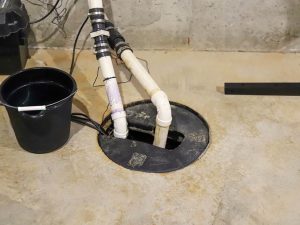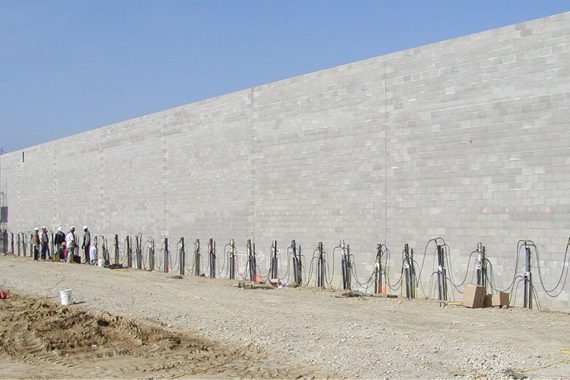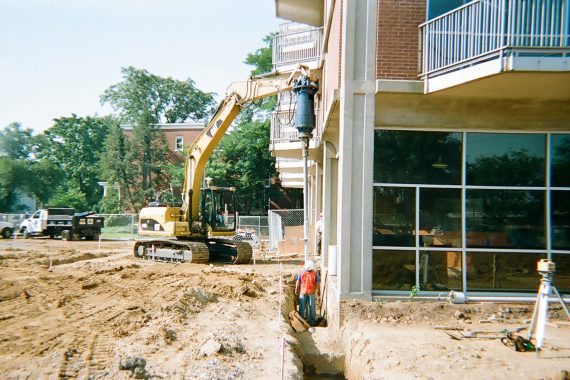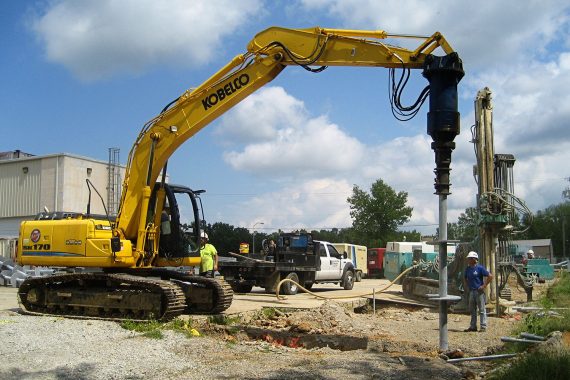Ensuring a dry and healthy basement is crucial for your home’s structural integrity and the well-being of your family. Water intrusion can lead to mold growth, structural damage, and decreased property value. This blog post discusses the key elements of a basement waterproofing system that every homeowner needs to consider.

Effective Drainage System
A reliable drainage system is the foundation of any successful basement waterproofing strategy. It effectively diverts water away from your foundation, preventing it from pooling along basement walls. A well-designed drainage system capable of handling heavy rainfalls and sudden thaws is essential. Interior drainage systems are often more cost-effective and less intrusive, making them popular among homeowners.
Sump Pump Installation
A sump pump is crucial for clearing water from the basement and works best if paired with a drainage system. When selecting a sump pump, choose one with a mechanical float switch and an alarm system, particularly if your area is prone to heavy rainfall. An effective sump pump can make all the difference between a dry basement and the costly aftermath of a flood.
Dehumidification Solutions
Moisture can be as damaging as standing water. A dehumidifier designed for basements helps control humidity levels to prevent mold and mildew growth. This is especially important in regions where hot, humid summers can seep into basements, creating the perfect conditions for mold to thrive.
Basement Window Solutions
Installing window well covers reduces the risk of leaks by keeping out rainwater and debris. Well-installed window wells and covers help protect against water and allow more natural light into your basement while keeping it dry.
Maintenance of Gutters and Downspouts
The condition of your gutters and downspouts is crucial for effective basement waterproofing. Keeping them clean and free of blockages ensures rainwater is properly diverted away from your home’s foundation. Adding downspout extensions can improve water management and reduce the risk of basement leaks by directing rainwater farther from your home.
Interior vs. Exterior Drainage
Understanding the difference between interior and exterior drainage systems is essential for effective waterproofing. Interior drainage systems manage water intrusion caused by ground moisture and leaks, while exterior systems prevent water from reaching the basement walls in the first place. The best solution depends on the specific water challenges you’re facing and may involve a combination of both approaches.
The Dwyer Company, Inc. has expertise in waterproofing and foundation repair, providing customized and long-lasting solutions. Call us at (877) 399-3726 or fill out our online form to schedule a consultation. Let us help you ensure a dry, comfortable, and safe basement for your family. We work with homeowners in West Chester, OH, and surrounding areas.




